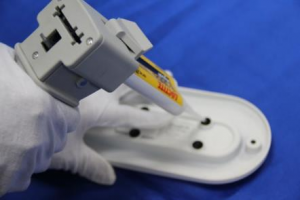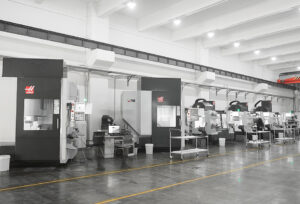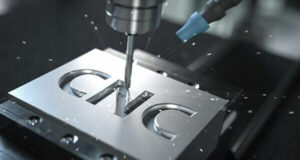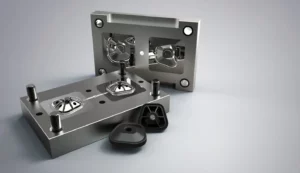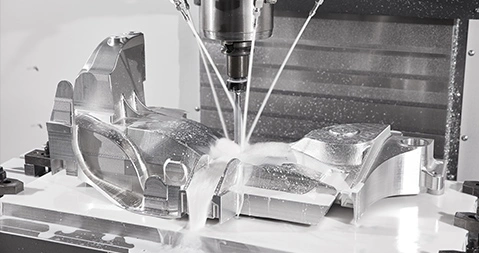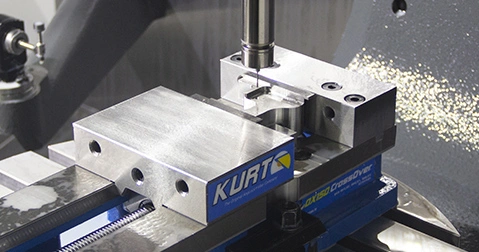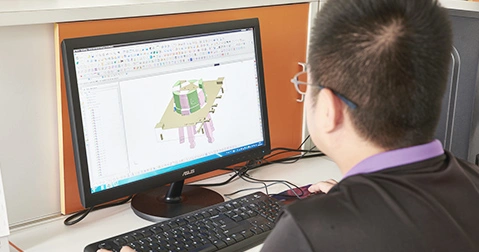Operational downtimes are something that every machine shop strives to prevent. At Firstpart, we have successfully optimized our production processes and supply chain to be proactive. As of today, we have successfully gone for more than 36 months since our last downtime. Downtimes can be very costly. This is why we have an agile supply chain, a broad manufacturing partner network, and most importantly, we practice a preventative maintenance schedule.
In today’s article, we evaluate one of the common causes of extended leadtimes in CNC machining and highlight how downtimes can affect both suppliers, manufacturers, and businesses.
What is equipment downtime?
An equipment downtime refers to the period where your machinery or equipment is not available for use. This could occur when there is total damage or severe damage to some of the critical components that will prevent the machine from making an otherwise satisfactory output.
CNC equipment downtime refers to downtimes in a CNC machine shop arising from the inability to use the CNC machine.
The downsides of CNC machine downtimes
CNC machine downtimes can be costly to every party involved. Here’s a summary of how it potentially affects every stakeholder:
• Customer
o Loss of market share
o Extended timelines to the market
o Canceled orders
o Loss of revenue and efforts
• Business
o Negative business perception
o Cost of repairing or replacing machines
o Damage of other internal components
o Extended delivery leadtimes
o Loss of customers
o Order cancellation
What causes CNC machine downtimes?
CNC machines are incredibly complicated machines with many delicate moving parts. Some of the most common cause of downtimes involve:
• Poor maintenance
We’ve already highlighted the complexity of the CNC machine. Because of their extreme levels of sophistication, these machines do not suddenly breakdown. More often than not, breakdowns result from the long culmination of issues or poor maintenance cultures.
Most CNC machine shops practice corrective maintenance. This type of maintenance seeks to diagnose and repair CNC machines after they have broken down. At Firstpart, we practice preventative maintenance to ensure that we keep manufacturing at optimal capacity and quality to meet all our timelines and commitments.
To prevent CNC equipment downtimes, ensure that you carry out scheduled maintenance with a checklist of must-dos. Use the right oils, change worn belts, and inspect other fluid levels.
• Operator errors
The high levels of quality demanded by clients can mean addiction to perfection in the project itself at the machine’s expense. When trying to meet tight tolerances, dimensional accuracy, and track a dozen other activities, operators can easily forget about taking care of the CNC machine. Away from these factors, your CNC operator’s level of experience and training can also affect your CNC machine. This is particularly true when you have a semi-skilled or unskilled labor force. Irrespective of how long your CNC operators have been in service, ensure that they always look to troubleshooting guides and avoid inaccurate diagnosis.
When you purchase a new CNC machine, ensure that the operators are adequately trained in usage and maintenance.
• Heat build-up
Heat accumulation is a severe problem for CNC machine workshops. High-speed moving components generate heat from friction and many revolutions per minute, while hydraulic lines and fittings can suffer from high operating temperatures.
To mitigate heat build-up, ensure that you use proper lubricants, fluids, and an effective cooling/ventilation system. Fit air-cooled pipelines, practice machine shutdowns, and pay attention to all indicators and sensors that relay thermal information.
• Slack fittings
CNC machines generate a severe level of vibration during operation. These rattling and vibrations can cause the screws, bolts, connecting points, and joints within components to become loose and slack. Asides from the fact that this can cause costly equipment downtimes, it also constitutes a safety concern for the machinist.
As vibration cannot be entirely dampened, ensure that you schedule a weekly or bi-weekly inspection of fastening solutions around the machine, and ensure that all loose bolts and nuts are tightened.

